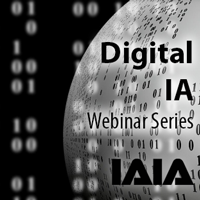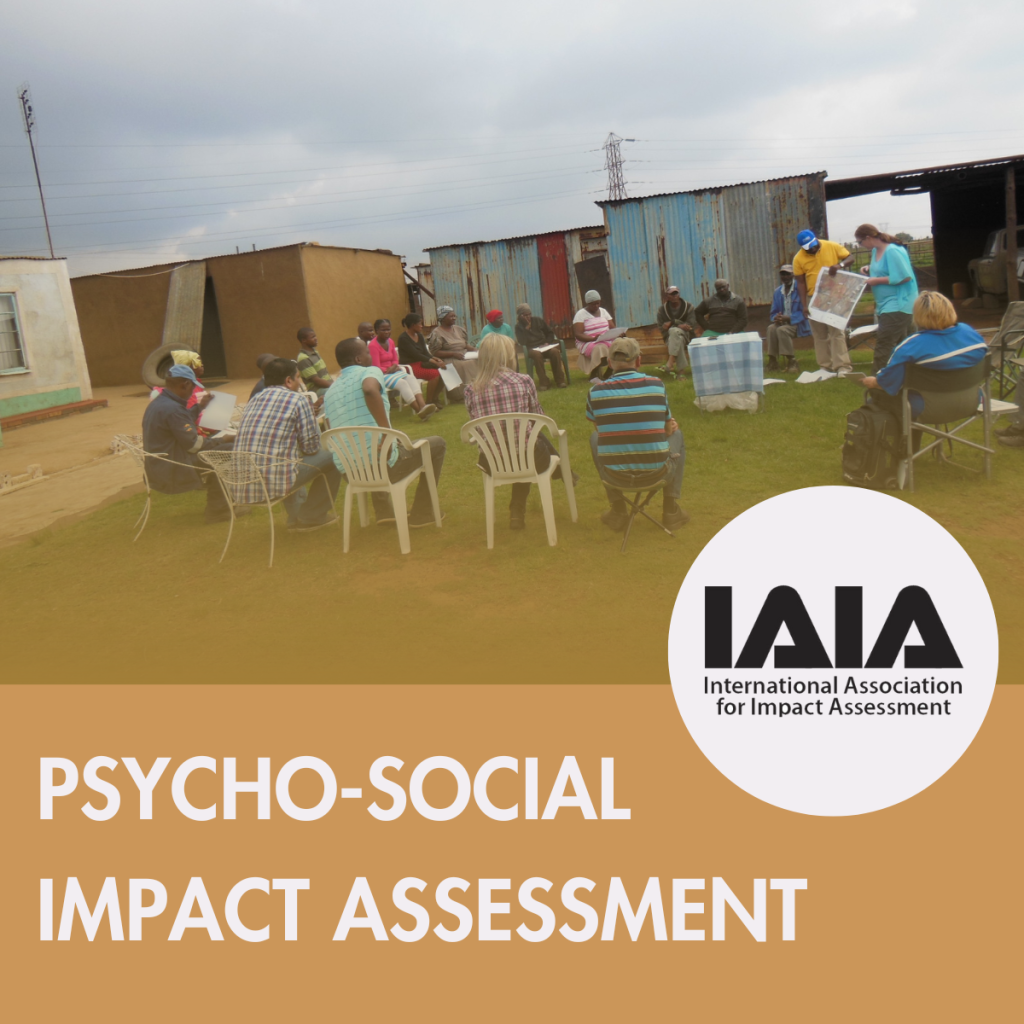
Our Interconnected World: Impact Assessment, Health, and the Environment
Our Interconnected World: Impact Assessment, Health, and the Environment (5–8 October 2020, with extended discussion through 22 October) brought together international experts to explore how development projects affect human health and the environment. Organized around four main tracks (climate change, health, resilience, and key issues), the symposium highlighted the interconnectedness of these challenges and provided IA professionals with tools, case studies, and best practices to guide impact assessment in a COVID-shaped world.
The symposium combined live keynotes, pre-recorded presentations, and interactive virtual discussions with Q&A, creating an engaging format for participants to learn, share, and connect globally.
Below you will find the four sessions under the Key Issues Track:
- Key Issues Track Keynote: How can availability of biodiversity data support spatial planning for healthy ecosystems?
- Key Issues Track Session 2: Interconnectedness through digital technologies
- Key Issues Track Session 3: Interconnectedness through spatial/urban planning
- Key Issues Track Session 4: Interconnectedness through networking, culture, and education
Find the other tracks in the IAIA Resource Library: Climate Change Track, Health Track, and Resilience Track.
Key Issues Track Keynote: How can availability of biodiversity data support spatial planning for healthy ecosystems?
The COVID-19 pandemic underscores the link between human and ecosystem health as countries prepare to adopt new post-2020 biodiversity goals. Achieving these goals requires effective spatial planning and regulation of development, supported by accessible and reliable biodiversity data. This keynote explores how biodiversity data informs impact assessment and planning across scales, along with barriers and opportunities for mobilizing data in decision-making. Speakers include Sylvaine Rols (UNEP-WCMC), Ragnvald Larsen (Norwegian Environment Agency), and Kojo Agbenor-Efunam (Environmental Protection Agency, Ghana).
Key Issues Track Session 2: Interconnectedness through digital technologies
This session explores how digital tools are reshaping impact assessment and stakeholder engagement. Michèle Laflamme demonstrates how digital ESIA connects experts, technologies, and communities for better decision-making. Birgitta Liljedahl highlights the use of VR and serious gaming to improve assessment of critical infrastructure in crises and conflict. Louise Kjølholm presents EKF’s innovative digital monitoring process and discusses its benefits and challenges. Paul Eijssen shares lessons from more than four years of digital reporting, including pilots and fully interactive EISs. Finally, Emil Lindblad Kernell introduces a methodology for human rights impact assessment of digital technologies, focusing on meaningful rightsholder participation.
Key Issues Track Session 3: Interconnectedness through spatial/urban planning
This session examines how planning and governance shape health, livelihoods, and resilience at local and regional levels. Adriana Loureiro presents a case study from four Lisbon municipalities, showing how neighborhood environments influence mental health and proposing a strategic assessment framework. Mariana Rodrigues Ribeiros dos Santo discusses how Ecological-Economic Zoning can guide the design of green infrastructure in municipal planning. Varalakshmi (Vara) Vemuru highlights how Local Economic Development and Community Driven Development approaches can generate inclusive jobs and income for vulnerable groups. Finally, Wayne Chaman Huggins explores community-based governance in informal settlements in Trinidad and Tobago.
Key Issues Track Session 4: Interconnectedness through networking, culture, and education
This session highlights the role of cultural values, global challenges, and skills development in strengthening impact assessment. Sonali Ghosh explores nature–culture linkages and heritage impact assessment, emphasizing community engagement and rights recognition at world heritage sites. Charles Kelly reviews survey findings on how COVID-19 has changed impact assessment practices, disrupting fieldwork and stakeholder engagement. Gemma Holdsworth and Pete Gabriel focus on building environmental and social skills for early-career professionals through practical project experience and international standards. Finally, Mark Cliffe-Phillips presents case studies from Canada’s Northwest Territories, showing how land claims and resource laws integrate Indigenous knowledge and prioritize well-being in assessment processes.





